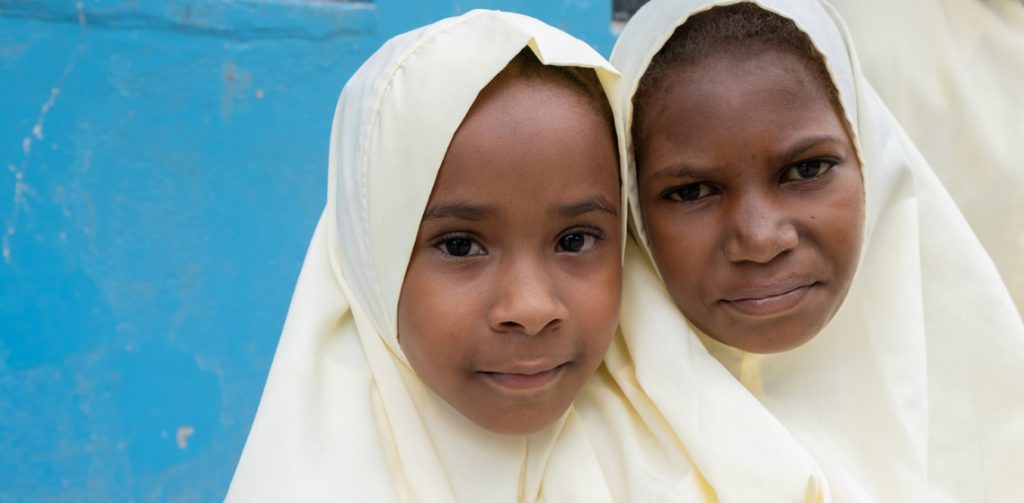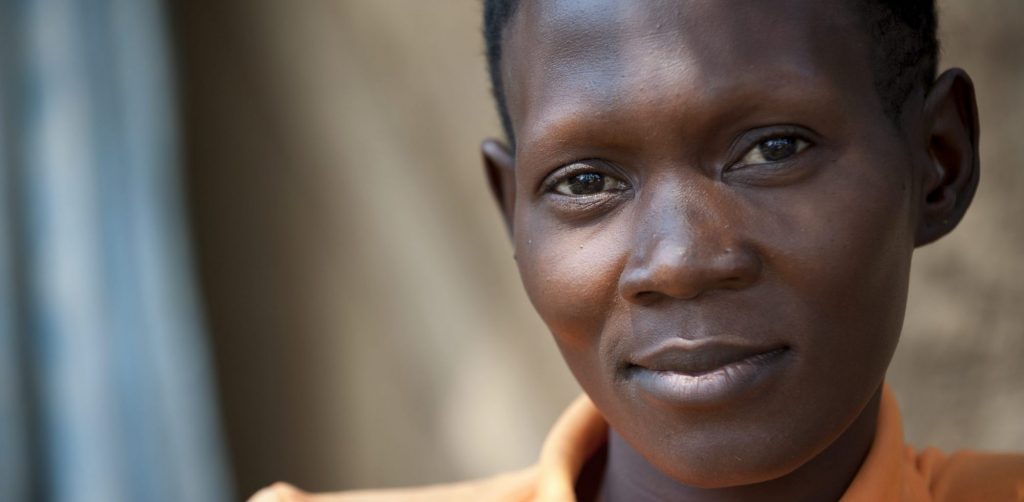Human Rights Advocacy is about persons with disabilities claiming their rights and place in society, valued as equal, contributing members of their families and communities.
In Zanzibar, NAD supports this by empowering persons with disabilities, their families and the Zanzibar Federation of Disabled People Organizations with its 11 member organisations, as well as by building alliances with civil society, non-governmental organisations, regional administrations and local government authorities.
NAD promotes a people-centred Community Based Inclusive Development (CBID) approach that responds to the specific individual needs and aspirations of each person.
Disability Rights in Zanzibar
There is little data on persons with disabilities in Zanzibar. However, according to the 2008 Tanzania Disability Survey Report, around 9.3 % of households in Zanzibar have at least one family member with a disability.
The Zanzibar government has adopted and implemented a number of laws and policies promoting the rights of persons with disabilities, such as the Persons with Disabilities Act of 2006, and the Zanzibar Labour Act of 1997. In 2008, the Department of Disability Affairs was established with the purpose of coordinating disability issues, and in 2009, Tanzania, and therefore also Zanzibar, ratified the Convention on the Rights of Persons with Disabilities (CRPD).
However, persons with disabilities in Zanzibar continue to face human rights violations, and are far from achieving equal access to education, employment, health, and social services.
The programme aims to raise awareness on disability issues and rights, and contribute to a positive shift in attitudes and behaviours towards persons with disabilities, at all levels of society.
Advocating for human rights
NADs Human Rights Advocacy programme in Zanzibar aims to build the capacity of Disabled People’s Organisations (DPOs) to advocate for disability rights and influence decision-making processes at all levels, as well as to ensure that persons with disabilities benefit from government programmes and services in target areas.
NAD strengthens the capacity of SHIJUWAZA and its member DPOs by providing training on advocacy and lobbying, and on how to monitor and track disability affairs within the government.
Through the collaboration with Department of Disability Affairs (DDA), the programme strengthens the capacity of volunteers and government officers at national and local levels on disability inclusion, with the aim of strengthening their ability to effectively mainstream disability issues at different levels.

Community Based Inclusive Development
CBID is a holistic, rights-based, and people-centred approach that embraces all disabilities and all age groups. The CBID component aims to build the capacity of both government authorities and DPOs and offers tools to ensure disability inclusion.
CBID training packages have been translated into Kiswahili and adapted and tested in Zanzibar at both national, district and community levels. They are based on the CBID training packages NAD originally developed in Malawi and later adapted to Zambia.
A national CBID Stakeholder Forum, an informal network with participants from DPOs, government and NGOs, has been established and meets regularly regarding the CBID programme with the main goal of bringing together key stakeholders to discuss the rights of persons with disabilities and how to mainstream these into all sectors in Zanzibar.
Additionally, a steering committee consisting of multiple stakeholders monitors the CBID programme and makes sure the training packages are adapted to the Zanzibar context.
Main achievements in Zanzibar
Some of the main achievements of our Human Rights Advocacy work and partnerships are:
- National and district level CBID Stakeholder Forums have been established, and a CBID Steering Committee have been formed, which supports the process of empowering stakeholders at multiple levels with skills and knowledge on disability inclusion.
- CBID modules have been developed and piloted, and the roll out in pilot districts is under way.
- Through the piloting process, Zanzibar now has more than 30 skilled trainers (from MECP-Z, government and DPOs) who can train and sustain CBID activities at national and volunteer levels.
- CBID trainings were rolled out in 15 communities across 3 pilot districts in Zanzibar, and at volunteer level the trainings in 2020 reached 157 participants, while at National/District level the trainings reached 108 participants.
- The formation of WhatsApp groups, which is important for information sharing and networking, has shown positive impacts for persons with disabilities. Information is now shared within the national and district level stakeholder forums, people provide support, exchange contacts and suggest referrals for different disability cases that are shared in the groups (anonymised).

